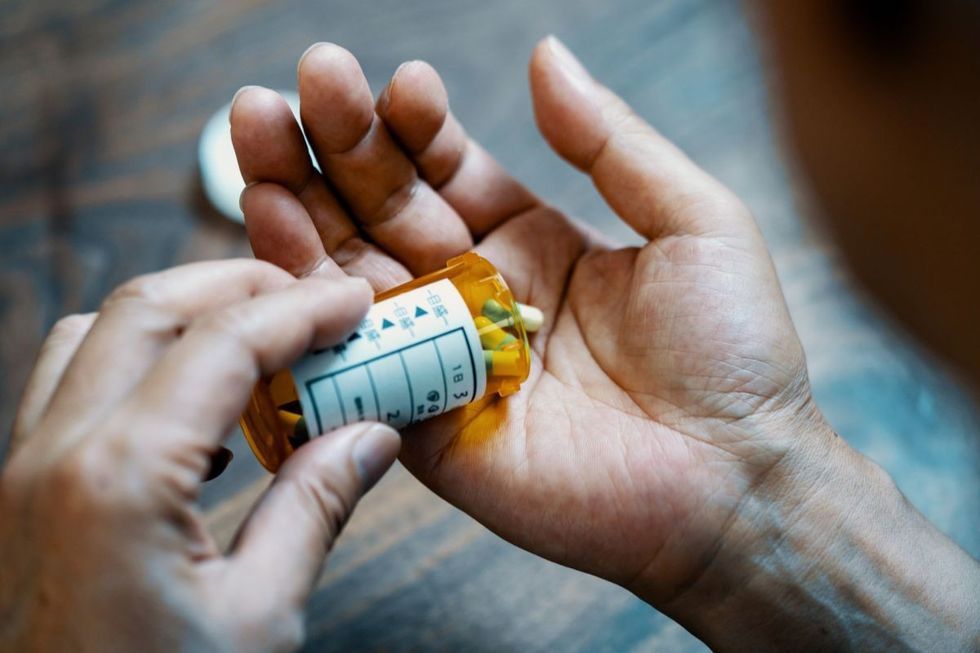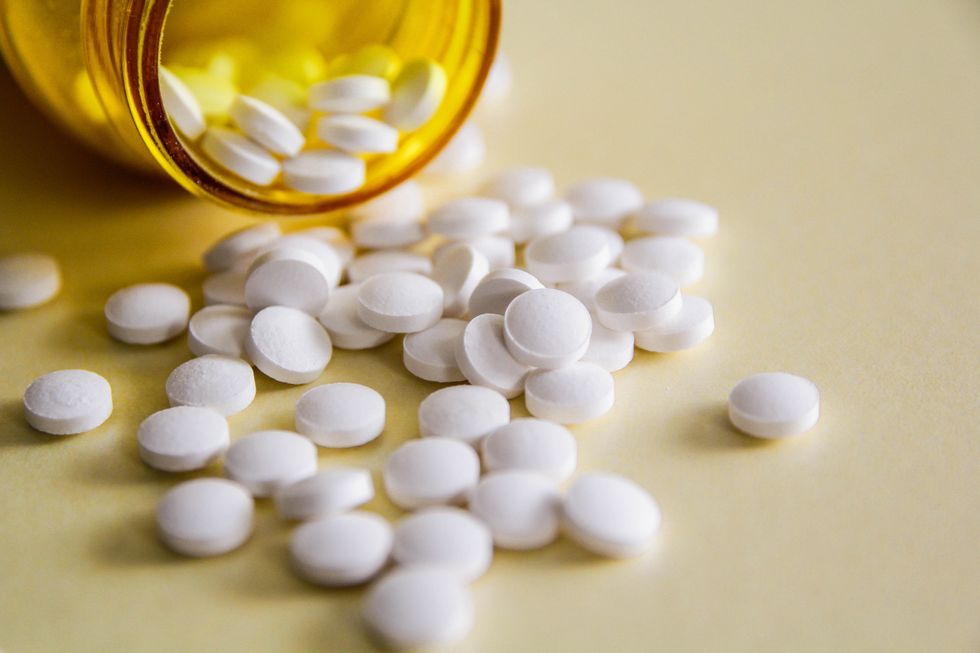Urgent warning issued over common drugs that pose risks in hot weather as UK temperatures soar
The Medicines and Healthcare products Regulatory Agency has issued urgent guidance as temperatures soar across the UK, warning that extreme heat can damage medicines and alter their effectiveness.
The agency outlined three essential safety measures: storing medicines below 25C away from direct sunlight, maintaining proper hydration, particularly for those on diuretics or blood pressure medications, and checking whether medications increase sun sensitivity.
“Let’s face it, when there’s a heatwave, most of us are focused on getting outside and enjoying it while it lasts. But it’s easy to forget that medicines left in the heat in cars, bags, or on sunny windowsills might not work properly when you need them,” said Alison Cave, Chief Safety Officer at the MHRA.
High temperatures can degrade the active components in medications, potentially rendering them ineffective. Most pharmaceuticals require storage below 25C, yet vehicles, trains and buses can rapidly exceed this threshold during summer months.

High temperatures can degrade the active components in medications
GETTY
Rooms exposed to direct sunlight, bags and even pockets can reach problematic temperatures, particularly during outdoor events or beach visits. Tablets, inhalers, hormone patches, insulin and EpiPens are all susceptible to heat damage.
Refrigerated medications like insulin and certain liquid antibiotics face heightened vulnerability. Heat exposure can alter medicine absorption rates, potentially making standard doses either too potent or insufficient.
Warning signs of heat damage include colour changes, unusual odours, texture alterations or any visible differences in appearance.
Certain medications compound the body’s vulnerability to heat-related complications. Diuretics or ‘water tablets’ like furosemide increase fluid loss through urination, heightening dehydration risks during hot weather.
Blood pressure medications, including ACE inhibitors, beta-blockers and calcium channel blockers, can impair the body’s temperature regulation mechanisms. ACE inhibitors may additionally suppress natural thirst responses.
Diabetes medications such as insulin and metformin elevate dehydration risks whilst potentially masking early warning symptoms. Antipsychotic medications like olanzapine or quetiapine, along with stimulant medications for attention disorders, can raise body temperature and increase overheating susceptibility.
Dehydration symptoms include dizziness, headaches, fatigue, confusion and dark urine, posing particular dangers for elderly people, young children and those with cardiac or renal conditions.
Several common medications significantly increase the skin’s vulnerability to sun damage. Antibiotics, diuretics, antidepressants and acne or eczema treatments can heighten burn risk even in mild sunshine.

ACE inhibitors may additionally suppress natural thirst responses
GETTY
Painkillers, including ibuprofen and naproxen, occasionally cause sun sensitivity, though this typically concerns frequent or prolonged usage.
Methotrexate, prescribed for rheumatoid arthritis, psoriasis, Crohn’s disease and cancer, poses exceptional risks.
“Even a short walk at lunchtime or a train ride in the sun can be enough to trigger a reaction for some people,” the MHRA warned.
The medication can cause severe skin reactions, including painful rashes, blistering and swelling resembling extreme sunburn.
Patients should consult their medicine’s information leaflet or pharmacist regarding potential sun sensitivity side effects.


Comments are closed.